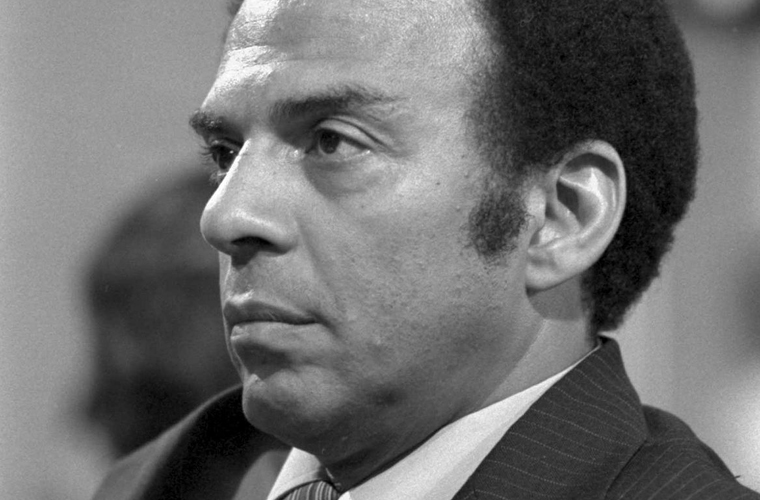During Jimmy Carter’s run for the presidency, Young offered key political support; when Carter was in office, he chose Young to be the U.S. ambassador to the United Nations. Young left his seat in Congress to take the position. While ambassador, he advocated for human rights on a global scale, such as sanctions to oppose rule by apartheid in South Africa.
In 1979, Young had to resign his ambassadorship, as he had met in secret with Zehdi Labib Terzi, the Palestinian Liberation Organization’s U.N. observer. The resignation did not keep Young from being elected as Atlanta’s mayor in 1981. After two terms as mayor, he failed in his attempt to secure the Democratic nomination to run for governor of Georgia. However, Young was successful in his campaign for Atlanta to host the Olympic Games in 1996. Young wrote about his role in the fight for civil rights in two books: A Way Out of No Way (1994) and An Easy Burden: The Civil Rights Movement and the Transformation of America (1996). He has also written Walk in My Shoes: Conversations Between a Civil Rights Legend and His Godson on the Journey Ahead (2010). He continues to fight for equality and economic justice with a consulting firm, Good Works International, that supports development initiatives, particularly in Africa and the Caribbean.
As an esteemed civil rights activist, Young has received accolades that include the Presidential Medal of Freedom and the National Association for the Advancement of Colored People’s Spingarn Medal. Morehouse College named the Andrew Young Center for Global Leadership in his honor, and Young has taught at Georgia State University’s Andrew Young School of Policy Studies.

